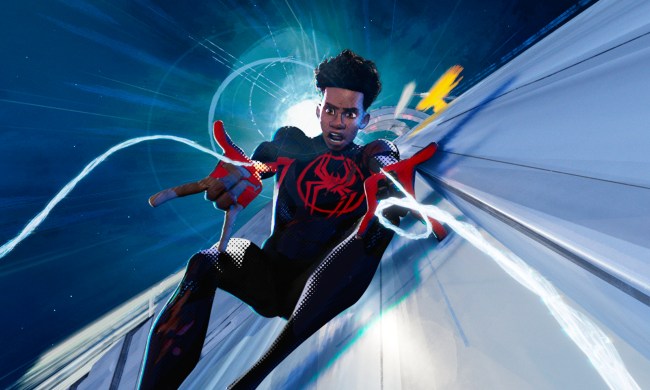Samsung has already revealed a bezel-free 8K TV and the luxurious Galaxy Chromebook at CES 2020, and now it has also debuted an artificial humanoid chatbot.
Known as Neon, the technology focuses on realistic-looking “humans” that also act like real people, complete with the ability to show emotions. Samsung’s Star (Samsung Technology & Advanced Research) Labs group is behind these artificial humans, which were officially unveiled Tuesday, January 7.

The humanoids are not assistants, though, as Neon’s website points out. Instead, they are meant to be “a friend.” Unlike Samsung’s Bixby assistant, the Neon avatars are supposed to be more of a reflection of humans rather than being on par with our intelligence. The Neon humanoids do speak a wide variety of languages, though, like English, Japanese, Spanish, and Hindi.
“There are millions of species on our planet, and we hope to add one more,” said Pranav Mistry, Neon CEO and head of STAR Labs, in a press release. “Neons will be our friends, collaborators, and companions, continually learning, evolving, and forming memories from their interactions.”
Neon is powered by CORE R3 technology, which the company says stands for Reality, Realtime, and Responsive. The humanoids can “connect and learn more about us, gain new skills, and evolve,” it added.
Avatars from Neon, a Samsung subsidiary. When AI assistants are limited to speakers, we don’t think of them as full assistants. Avatars make us think differently about AI. – Reporting from #CES2020 @SmashDawg pic.twitter.com/uaXh9xYhZ5
— Digital Trends (@DigitalTrends) January 7, 2020
The technology has been teased since last month on Neon’s Twitter page, but Star Labs hasn’t been exactly clear what Neon could be used for, aside from its popular interactive display at CES.
A Star Labs spokesperson told CNBC that the purpose of the avatars is to “help enhance interactions people have with certain jobs, such as friendly customer service; a worker that will be able to remember your name if you do yoga a certain amount of times during the week.”

Over time, Neons will work as TV anchors, spokespeople, or movie actors; or they can simply be companions and friends, the Star Labs spokesperson added.
Digital Trends reached out to Neon to find out more about its potential uses, and when the technology would become available. We will update this story when we hear back.
Follow our live blog for more CES news and announcements.



